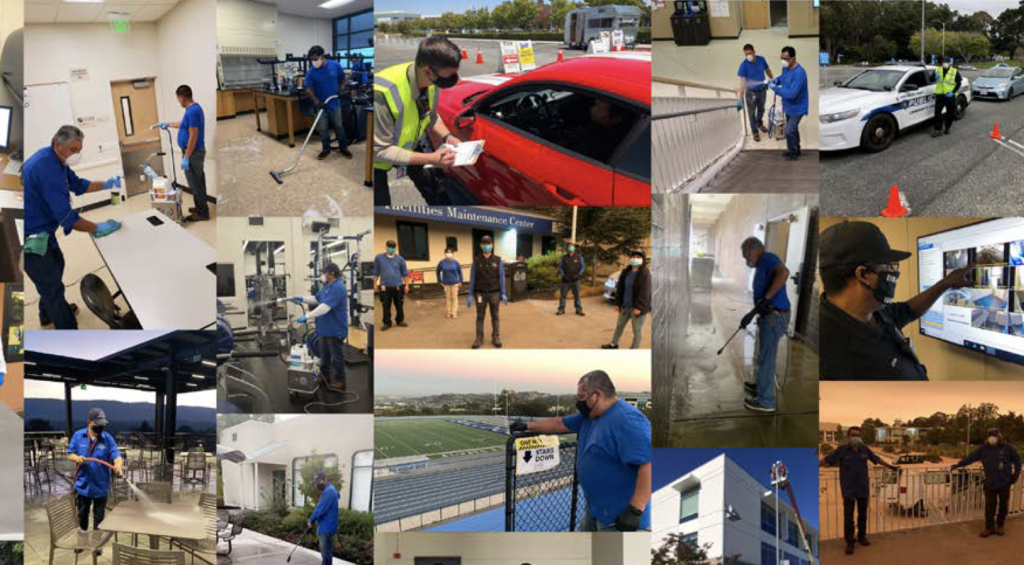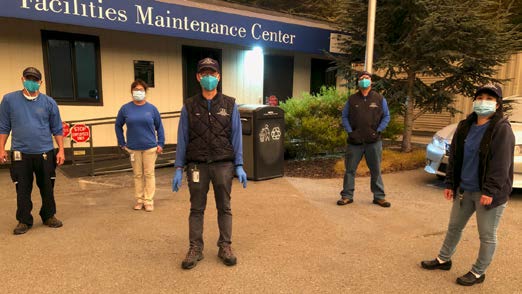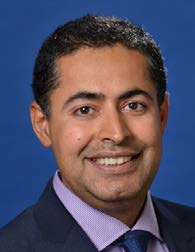District Receives total of $13.3 million in Federal Pandemic Relief Funding to support students and respond to COVID-19
March 4, 2021 – The San Mateo County Community College District has received $13.3 million in federal relief funding from the Higher Education Emergency Relief Fund (HEERF II). Of that funding, approximately two-thirds will go directly to students as cash payments to offset hardships during the COVID-19 pandemic. The remaining third of the funds will be used to offset costs incurred by the District and its three colleges for COVID-related expenses such as technology, health and safety equipment, and training.
“Our community college students were already struggling to make ends meet, and COVID has made it tougher than ever,” said SMCCCD Chancellor Michael Claire. “The majority of the federal funds we’ve received are going directly to support students, and this will make a difference in students being able to stay in school.”
The most recent federal funding, combined with $5.6 million received as part of the CARES Act from spring 2020, brings total federal pandemic relief funding for the San Mateo County Community College District to almost $19 million. Of that total funding, two-thirds ($16.8 million) is directly supporting students at Cañada College, College of San Mateo, and Skyline College.
Federal guidelines allow for HEERF funding to be used for direct student aid and institutional expenses related to COVID-19 to ensure learning continues for students during the pandemic. The federal programs require at least half of the funding to go as direct aid to students to help cover expenses related to the disruption of campus operations due to coronavirus, such as food, housing, course materials, technology, healthcare, and child care. The District allocated more of the funds it received to directly support students than the federal programs required.
In spring and fall 2020, almost 5,000 students from Cañada College, College of San Mateo, and Skyline College received CARES funds payments ranging from $500 to $1,100. In spring 2021 and fall 2021, students will receive direct payments ranging from $750 to $1,650.
The District’s colleges have remained mostly online since March 2020. Classes will continue online through December 2021, though more programs may be converted to in-person classes if circumstances allow in the fall semester.











